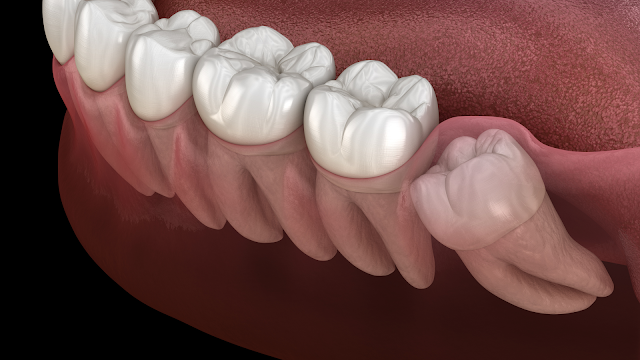Is it bad for your teeth to drink with a straw every day?
Drinking with a straw every day can have both positive and negative effects on your dental health, and it largely depends on various factors. Let's explore the different aspects to give you a comprehensive understanding. Positive Aspects 1.Minimizes Contact with Teeth Using a straw directs the liquid away from the teeth, reducing the contact between beverages and tooth surfaces. This can be particularly beneficial when consuming acidic or sugary drinks, as it lowers the risk of enamel erosion and cavities. 2. Prevents Staining Straws can help prevent the staining of teeth caused by dark-colored beverages like coffee, tea, or red wine, which are notorious for discoloring enamel over time. Negative Aspects 1. Potential for Jaw and Facial Strain Prolonged use of straws, especially if done incorrectly, might lead to jaw and facial muscle strain. This can occur when excessive effort is exerted to draw liquid through the straw. 2. Possible Misalignment Issues Sipping through...
